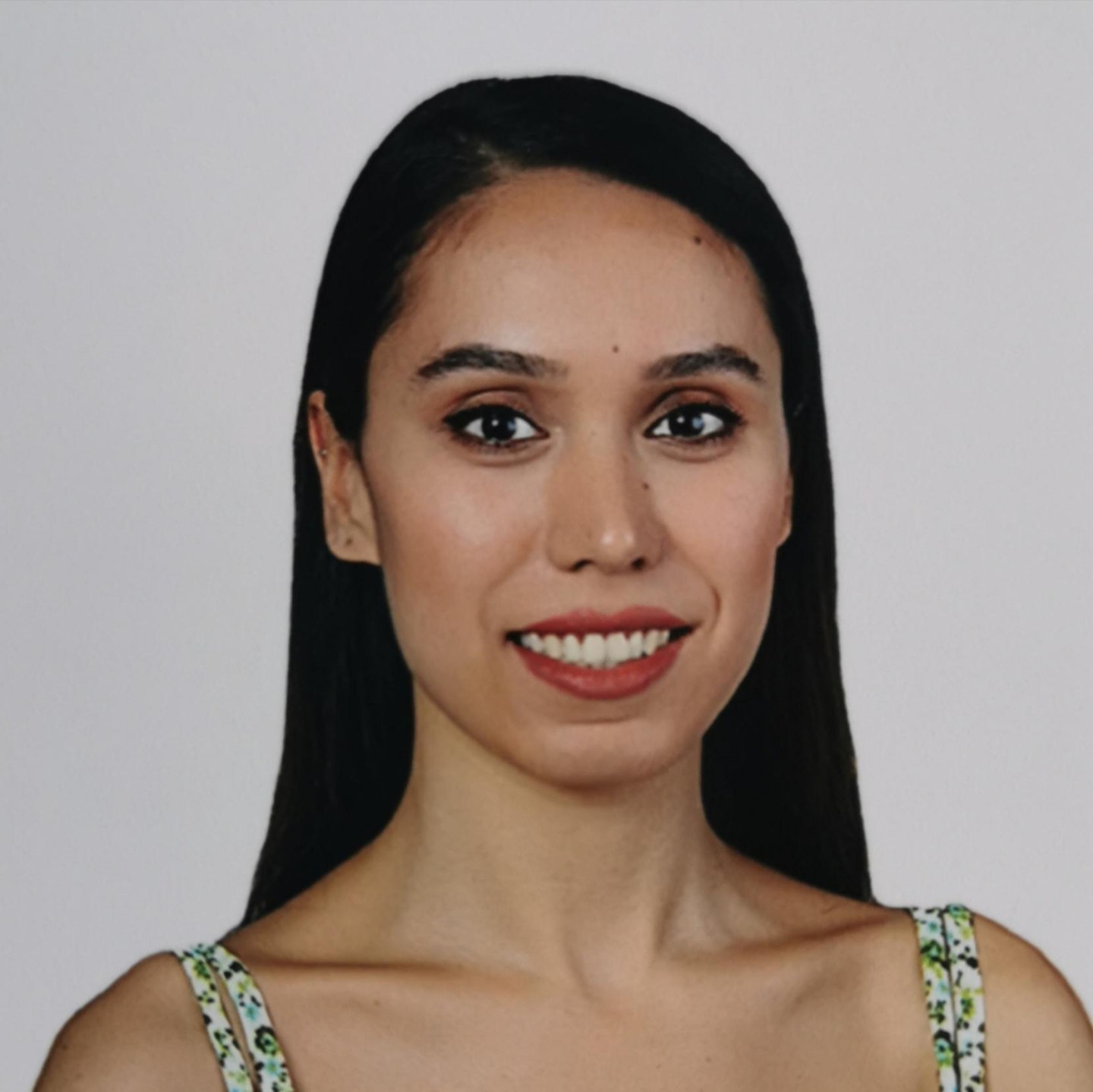“It's nice to talk to colleagues in their own language”
19 october 2023
Energy transition is supported by innovative companies. One of those companies is Heliox, market leader in fast charging systems for electric vehicles. Sibel Çapar (32) works for Heliox as a Human Resources Officer. As an international player, she exchanged Istanbul for Veldhoven. Because she finds it important to speak the local language, she followed a Dutch training course at STE Languages.
What is your role within Heliox?
“Heliox is a scale-up. We have installed electric charging systems in more than 100 cities worldwide. We are growing rapidly and that also brings challenges in the field of Human Resources. I have been working at Heliox for over two years now and during that time we have reorganised the HR department from A to Z. New policies, new processes and new systems. And, of course, also many new people. 36 different nationalities now form one team.”
Therefore, Heliox is an international company. To what extent does the Dutch language play a role?
“I speak an average of three languages daily. Mainly English of course, but also Dutch. That makes sense, because many of my direct colleagues are Dutch. When I started at Heliox, I could not follow the conversations in Dutch. I wanted to do something about that and language training helped enormously.”
How did you end up at STE Languages?
“I got to know STE through friends and my husband also took a course there. They were all satisfied. I think STE is the best language school in the region. The language trainers are good and you are helped quickly if you have questions.”
Why did you choose individual training?
“Initially I followed group training elsewhere, but I was not happy with that. I wasn't making enough progress. This is different with individual training. I liked the lessons and the trainer knew exactly what to do.”
To what extent does the training add value to your work?
“We have many Dutch employees. It is nice to be able to talk to colleagues in their own language. In addition, laws and regulations are often in Dutch and a lot of communication takes place in Dutch. It definitely has added value that I don't need a translation.”
Are there more internationals at Heliox who want to learn Dutch?
“Certainly. People have been asking for this for two years and we have now been able to arrange it. In 2024, fifty colleagues are going to take Dutch language training at STE. We received a subsidy for this and are very happy with that. The collaboration between Heliox and STE will, therefore, be continued.”
Do you also experience the benefits of language training for your private life?
''Certainly. I think it is important to integrate with the people from here and that is a lot easier if you speak the language. We live in Best and some of our neighbours don't speak English. By speaking Dutch we can make contact. Now, we always speak Dutch with the neighbours. Partly because of this I feel part of the community. That is very pleasant, even when you need each other.”
Can you give an example of that?
“We have locked ourselves out at times. A neighbour then helped us approach a locksmith. She didn't speak English, so it's very nice that you understand each other. It is also often the small things, for example when someone makes a joke in Dutch. That only comes across if you understand it immediately, without someone having to explain it. That's getting better and better.”
What do you do in addition to language training to improve your Dutch?
“My husband and I are both learning Dutch. We motivate each other. At work I speak Dutch as much as possible, but when it is very busy I sometimes fall back on English. I want to improve my language skills to such an extent that this is no longer necessary.”
Do you have a tip for new students?
“Start language training as soon as possible, don't leave it behind. And, if possible, find a 'language buddy'. This is a local volunteer who helps you learn Dutch. This way you get to know both the language and the culture.”
What is your favorite Dutch word?
“Gezellig. I think that's a really nice word. And when I say goodbye to someone I like to say hoedoe!”


